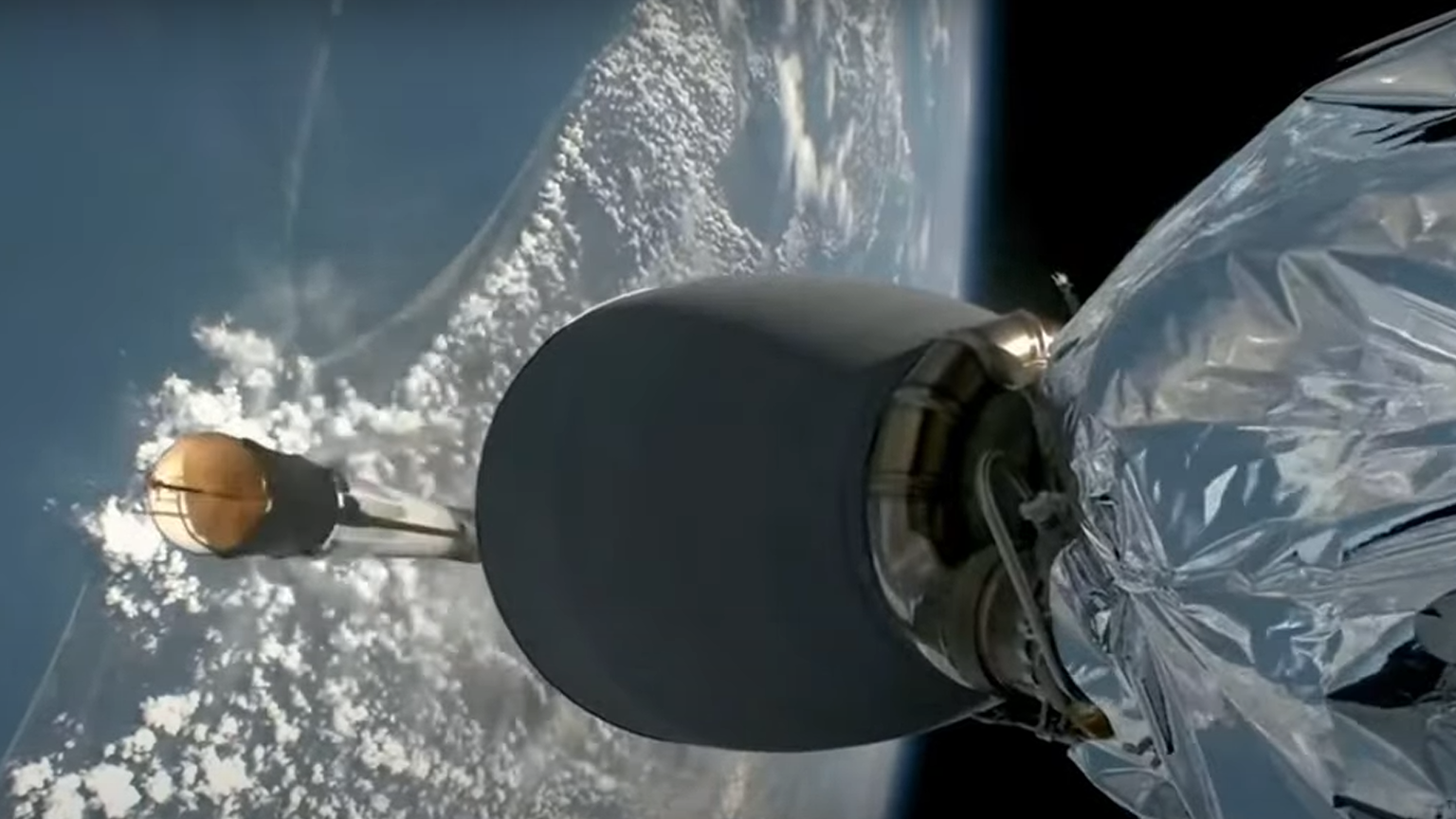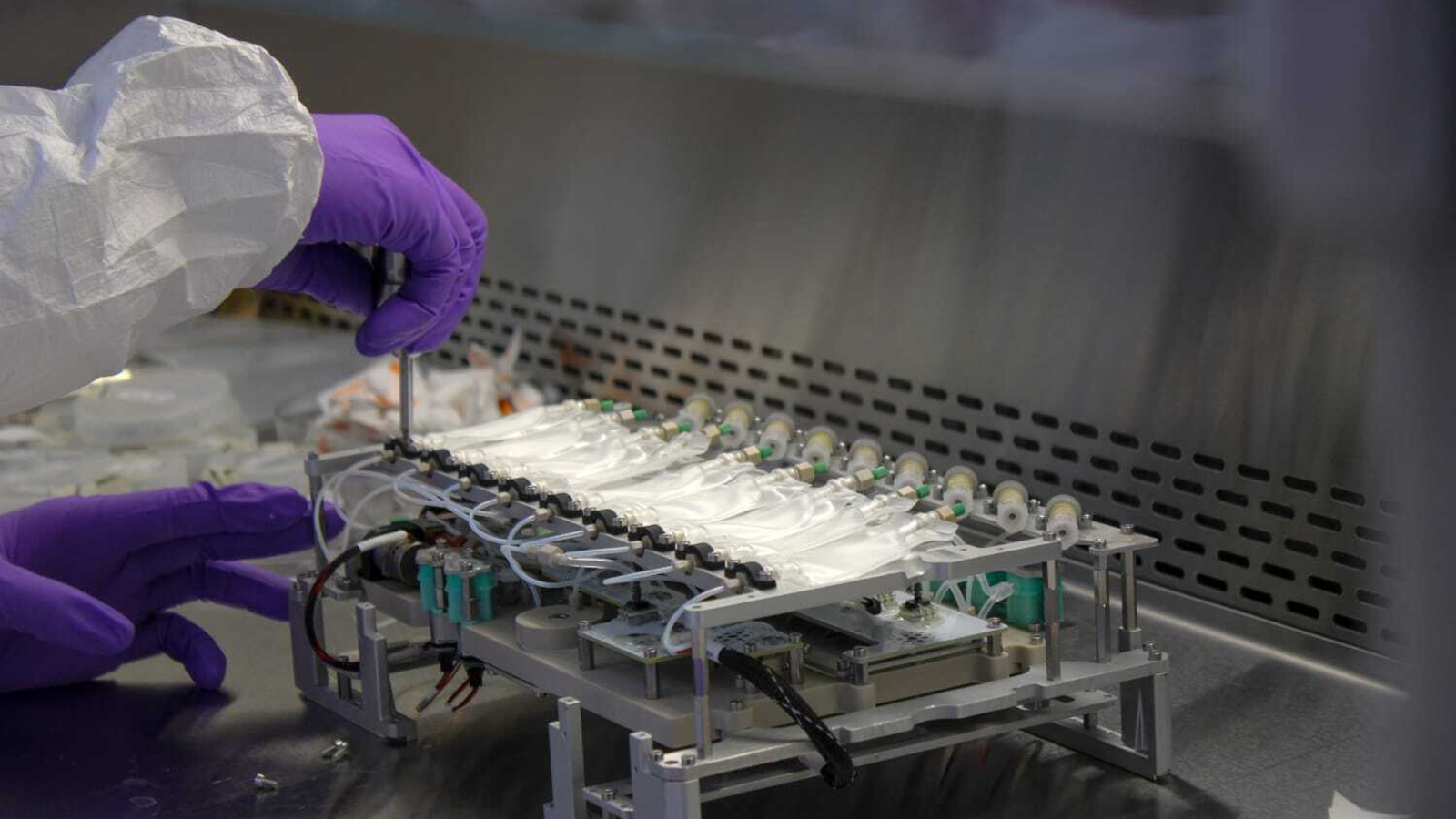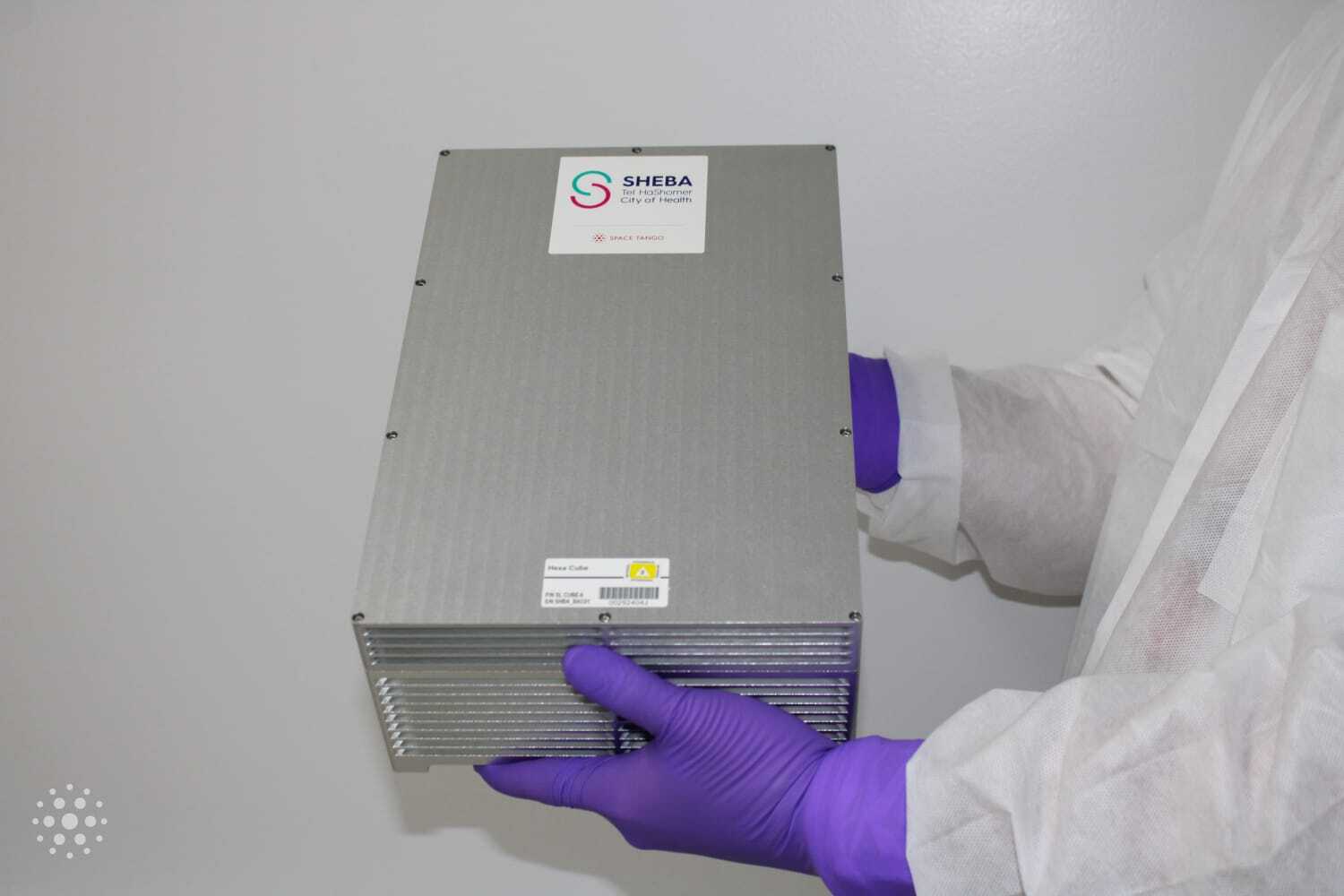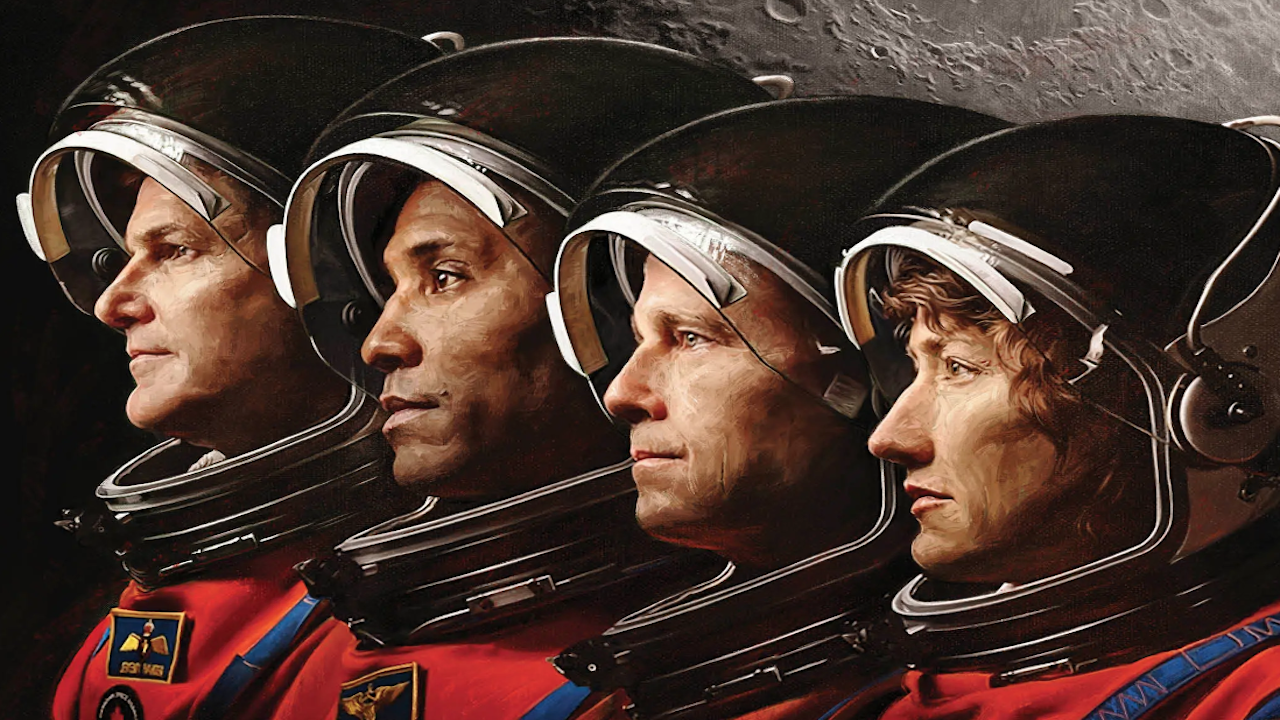SpaceX just launched disease-causing bacteria to the International Space Station
What they bring back may help us get to the bottom of public health problems on Earth, like antibiotic resistance and infectious disease spread.

There’s a secret, extra member of Crew-11 traveling to the International Space Station right now: disease-causing bacteria.
Or, at least, such bacteria will be growing aboard the orbiting laboratory very soon. Scientists at the Sheba Medical Center in Israel, in partnership with U.S.-based space tech company SpaceTango, have developed a study that will examine how microgravity affects the growth of certain bacterial species that cause diseases in humans. To pull it off, researchers will grow different strains of bacteria under microgravity, freeze that bacteria at -80 degrees Celsius and then return the samples to Earth to see how they’ve grown differently than the same bacteria grown on the home planet.
The bacterial strains involved are E. Coli, Salmonella bongori and Salmonella typhimurium, and they were launched toward the International Space Station (ISS) aboard NASA's Crew-11 mission that SpaceX successfully launched on Friday (Aug. 1).
Scientists have already studied how a lack of gravity affects the way bacteria grows, and research from NASA is already underway to study bacteria in space in general. But researchers behind the current ISS-and-bacteria mission specifically hope to bring home data that will help curb the spread of infectious disease, or at least help experts find ways to stop bacteria from developing antibiotic resistance — a major public health problem that means some disease-causing bacteria is no longer wiped out by drugs that've been developed to clear the bacteria from people’s bodies and get them healthy again
"We know that space conditions affect bacterial behavior, including how they grow, express genes, and acquire traits like antibiotic resistance or virulence," Ohad Gal-Mor, Head of the Infectious Diseases Research Laboratory at Sheba Medical Center, said in a statement.
"This experiment will allow us, for the first time, to systematically and molecularly map how the genetic expression profile of several pathogenic bacteria changes in space."
The health of astronauts and microgravity's effect on the human body has been top of mind as people explore space and the idea of what life off Earth looks like. Human genes sometimes express themselves differently in microgravity conditions, and scientists have linked such an environment to the expedited loss of muscle seen in astronauts, and even their likelihood of developing skin rashes.
Breaking space news, the latest updates on rocket launches, skywatching events and more!
If examined on their own, however, genetic changes in bacteria will hopefully give researchers more clues about how they act once inside a human, whether it's how fast they spread or their likelihood of getting around our treatments: both in space and here on Earth.
Jessica Rendall is a reporter based in Brooklyn with a special interest in what keeps humans healthy — both on Earth and in space. Previously, she was a staff wellness writer at CNET and a freelancer who covered public health, music and lifestyle. She studied journalism at the University of Missouri and enjoys watching movies with subtitles on.
You must confirm your public display name before commenting
Please logout and then login again, you will then be prompted to enter your display name.



